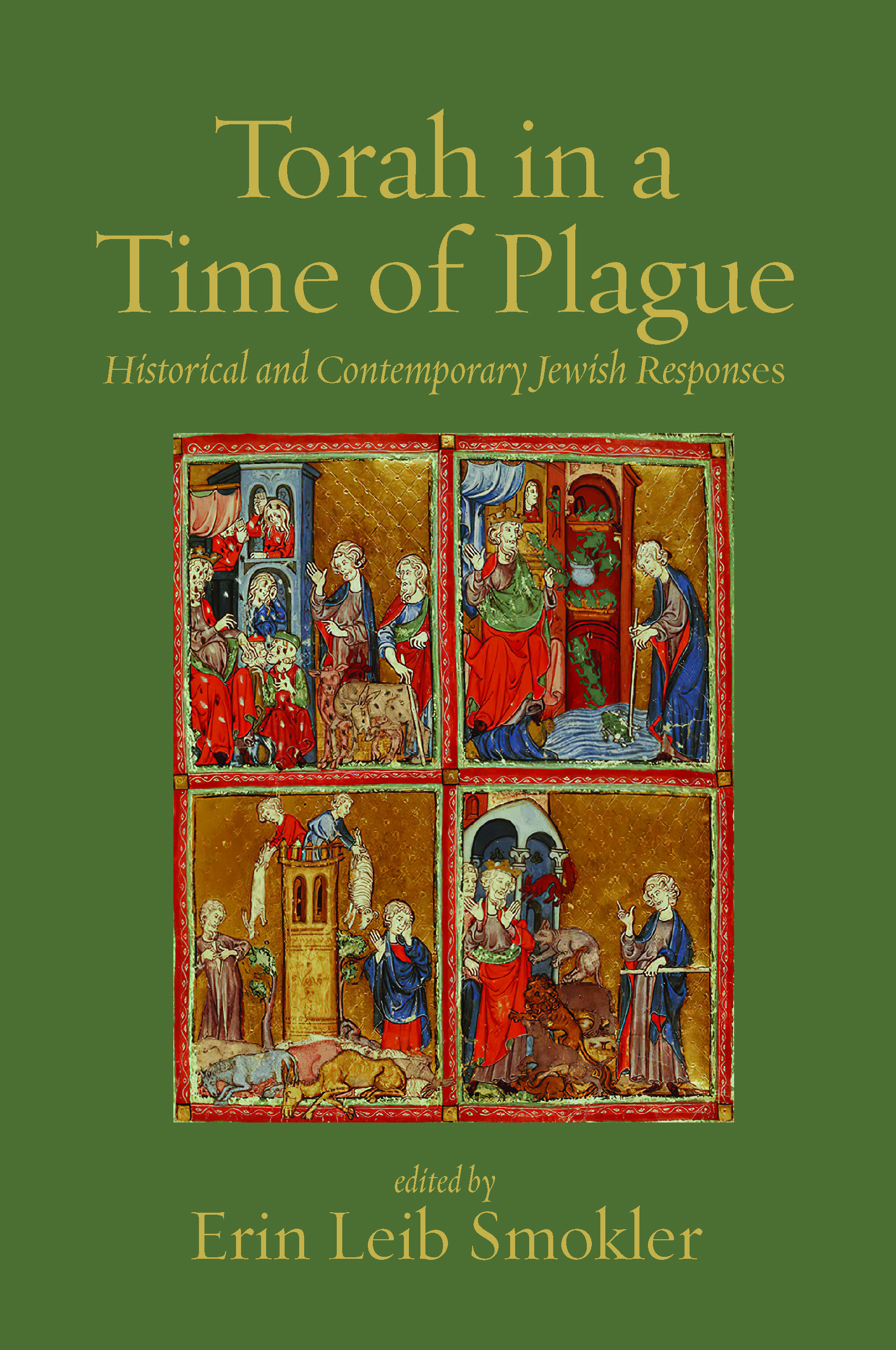
This collection of essays uses Torah – broadly understood to include any canonical Jewish text or tradition – to illuminate, explore, bemoan, or grapple with our current moment of plague. This is not the first episode of plague for humanity that Judaism has had to figure out how to navigate. But, at least in our lifetimes, this contemporary period presents unprecedented challenges for sustaining Jewish communities and Jewish meaning. Therefore, it is an opportunity for reflection reaching into the reservoir of literature, theology, liturgy, history, sociology, law, story-telling, and Jewish learning to see if there is any light Torah can shed in this dark time. In this book, a diverse range of thinkers dig into the way that ancient texts have wrestled with mageifah (the Hebrew word for plague that appears in the canon) as a social or legal category; explore theological paradigms that grapple with widespread suffering; examine liturgy or poetry that emerged from prior plagues; investigate how Jewish law is actively reimagining and contesting the limits of community at these times of social distance; or ruminate on the ways quarantine, lockdown, and upheaval will reshape Jewish communal life for years to come. The hope is that these essays – some scholarly, some homiletic, some personal, some exegetical – will enable discussion within networks of lay people and religious leaders in synagogues, schools, academia, and elsewhere in internet book-clubs worldwide. Many are looking for mooring from the Jewish tradition in this most disorienting time, and this volume may serve as anchor and inspiration.
Authors

The Jay and Jeanie Schottenstein Chair in Jewish Studies Professor of Jewish Studies and Religious Studies Director of Graduate Studies, Robert A. and Sandra S. Borns Jewish Studies Program My teaching focuses primarily on Kabbala, Hasidism, religious fundamentalism, Israel/Palestine, and modern and American Jewish thought and culture. Areas of interest and research include sixteenth century Kabbala, Hasidism, American Judaism, comparative religion, and contemporary conceptions of Jewish religiosity. I am the editor of God's Voice from the Void: Old and New Essays on Rabbi Nahman of Bratslav (SUNY Press, 2001), co-editor of Beginning Again: Toward a Hermeneutic of Jewish Texts (Seven Bridges Press, 2002) and author of Hasidism on the Margin: Reconciliation, Antinomianism, and Messianism in Izbica and Radzin Hasidism (University of Wisconsin Press, 2003). From Metaphysics to Midrash: Myth, History, and the Interpretation of Scripture in Lurianic Kabbala (Bloomington, IN: Indiana University Press, 2008) which was awarded the 2008 American Academy of Religion Award for best book in religion in the textual studies category, American Post-Judaism: Identity and Renewal in a Postethnic Society (Bloomington, IN: Indiana University Press, 2013) and Hasidism Incarnate: Hasidism, Christianity, and the Construction of Modern Judaism (Stanford: Stanford University Press, 2014). I am the series editor for “Post-Rabbinic Judaisms” for Academic Studies Press. I am also a regular contributor to Tikkun Magazine, Zeek Magazine, Open Zion, and Religion Dispatches.
